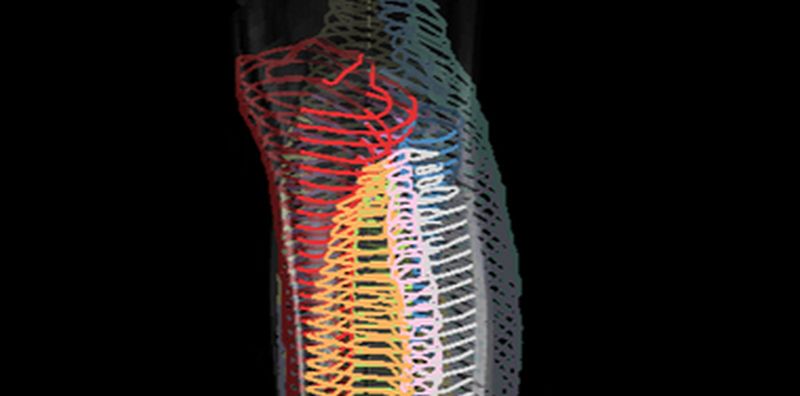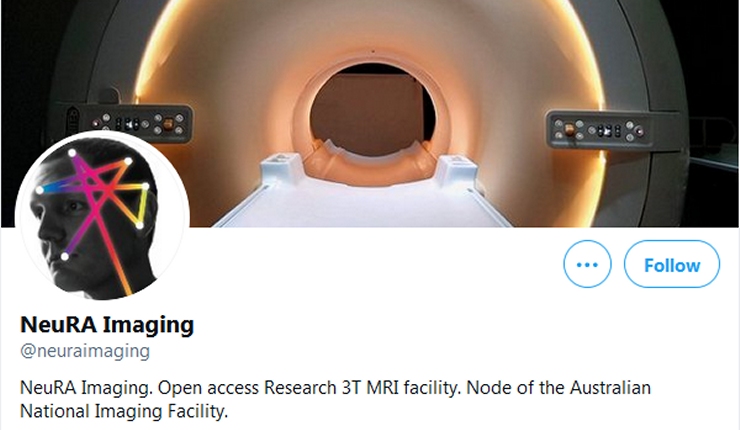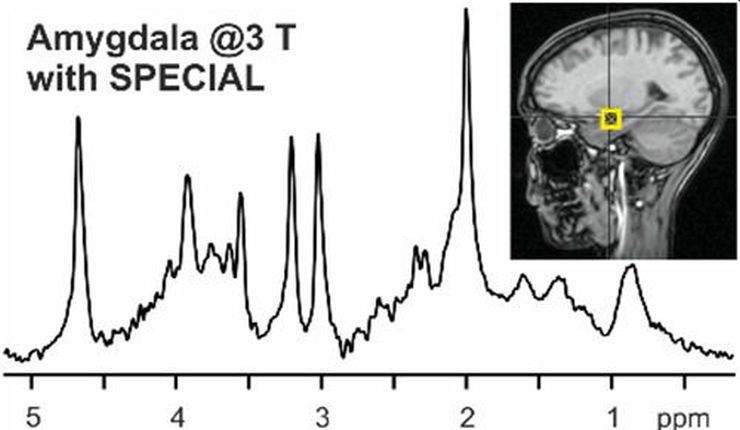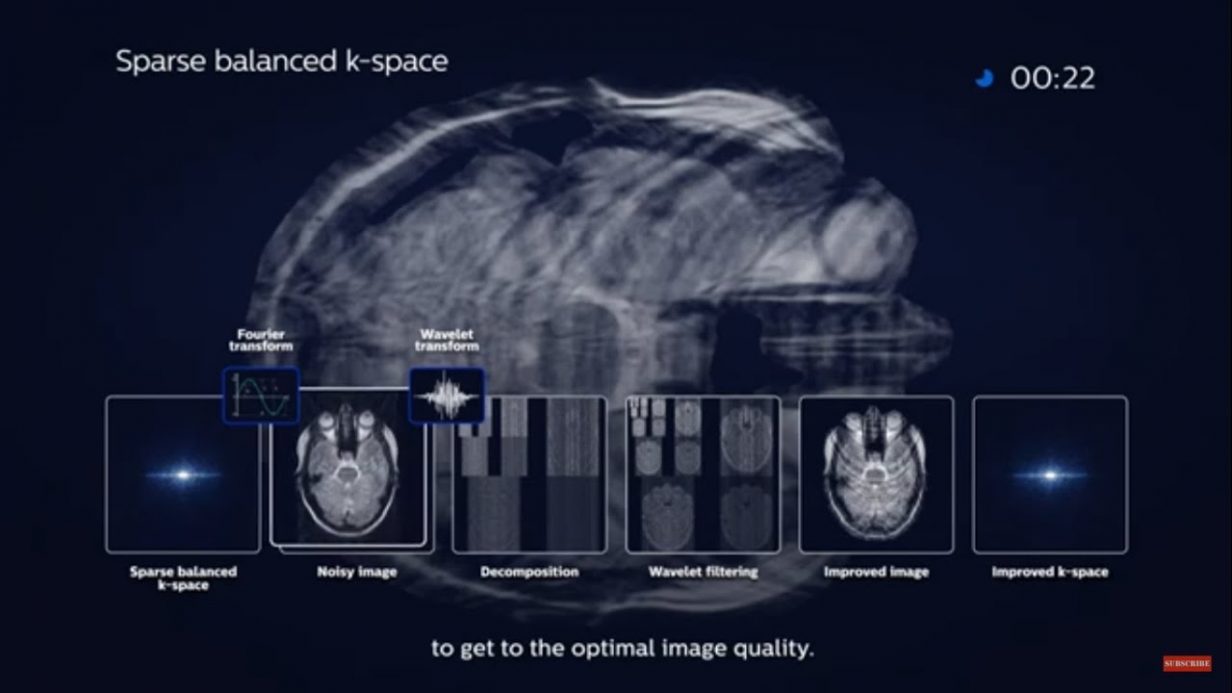A glimpse into brainstem functional oscillations across individual migraine cycles
Recently published in NeuroImage: Clinical is a paper from the PhD thesis of Noemi Meylakh, using the Philips 3T TX MRI scanner, to measure resting functional oscillations in controls and episodic migraineurs across the span of 30 days (doi: 10.1016/j.nicl.2021.102630). Since the 17th Century, philosophers have struggled with understanding the pathophysiology of the ever-elusive migraine …
Neuroimaging to examine high rates of dementia in older Aboriginal Australians
A study at NeuRA Imaging is engaging the Australian Aboriginal community to investigate structural and pathological brain changes that underlie high rates of dementia and cognitive decline in older Aboriginal Australians. Dementia rates in Aboriginal Australians are 3-5 times higher than in the broader Australian population and are among the highest rates reported globally. Existing …
RESEARCH SPOTLIGHT Muscle Growth in the Lower Extremity
NeuRA Imaging is providing high-quality data for a comprehensive study investigating muscle growth in children. A collaboration between the Cerebral Palsy Alliance Research Institute, University of New South Wales and Neuroscience Research Australia (NeuRA) is the first longitudinal study looking at muscle growth in children using magnetic resonance and diffusion tensor imaging methods. The MUGgLE …
Follow NeuRA Imaging on Twitter!
Do you know NeuRA Imaging has now got its own Twitter account? You can now follow along, engage and keep up-to-date with a stack of great research from both NeuRA Imaging and elsewhere. Join us and the neuroscience community by following NeuRA Imaging on Twitter now.
Series of consensus reference papers for MR spectroscopy
Working groups from the MRS study group of the ISMRM have been working on a series of consensus papers covering aspects of magnetic resonance spectroscopy, which, together, make a valuable reference library for anyone contemplating planning, acquiring, analyzing and publishing studies that use MRS. In 2019 a manuscript that covered recommended methods for acquiring clinical …
Accelerated imaging using Compressed SENSE
The Philips 3T Ingenia MRI scanner at NeuRA Imaging has a number of unique features that researchers can take advantage of for faster image acquisition. One of these featured is Compressed SENSE which can an acceleration technique that can speed up scan times by up to 50% via incomplete sampling of k-space It works by …






Recent Comments